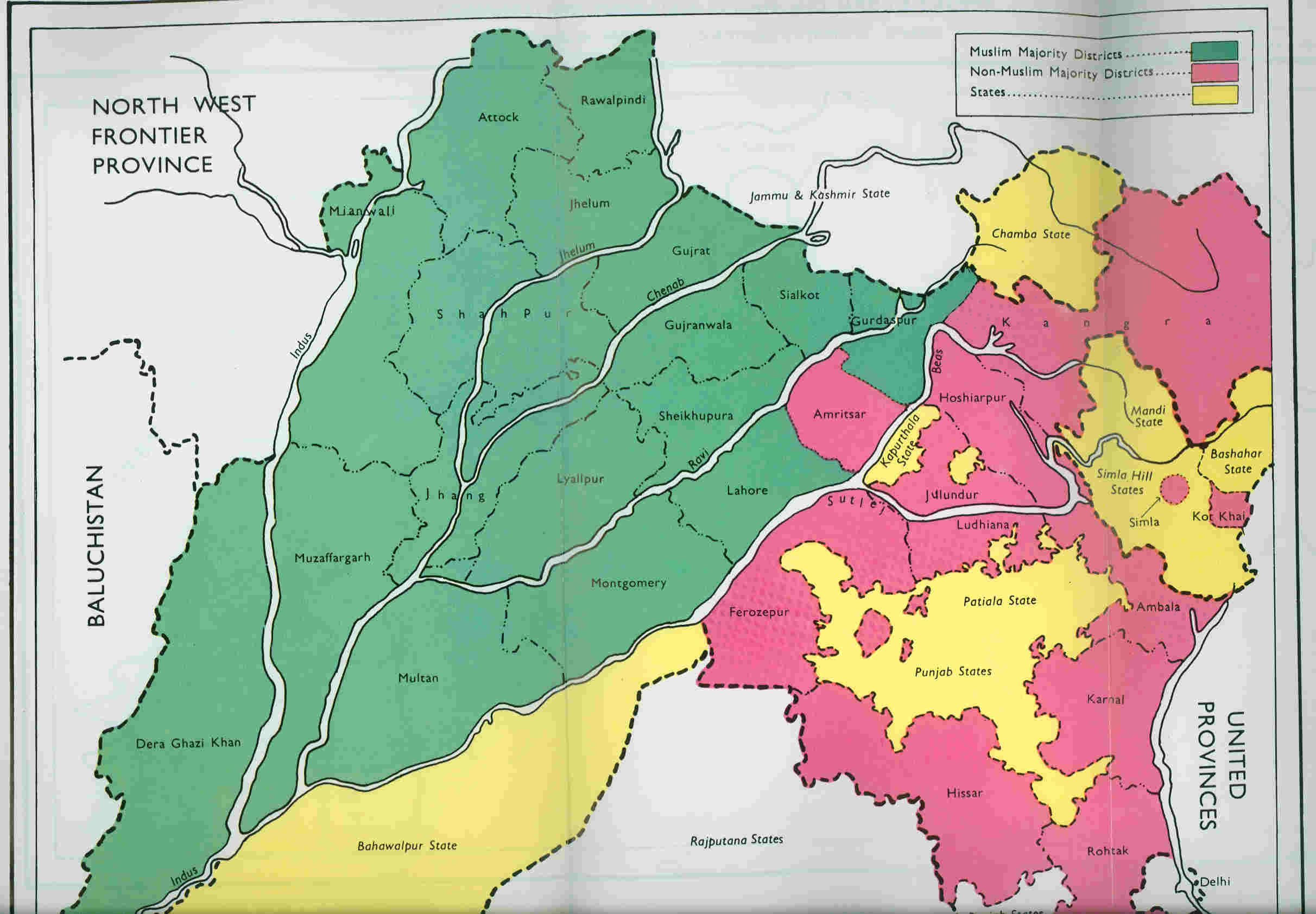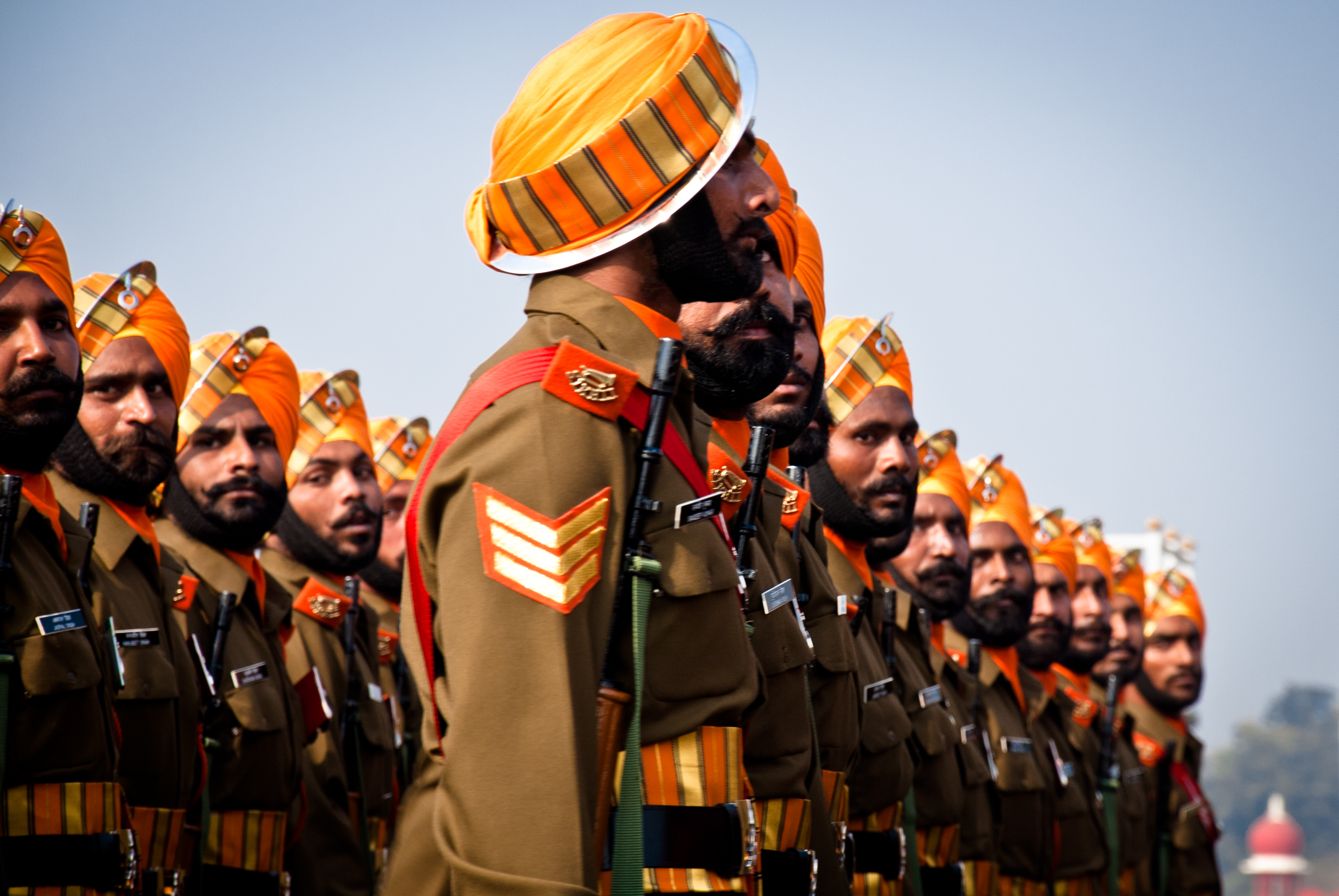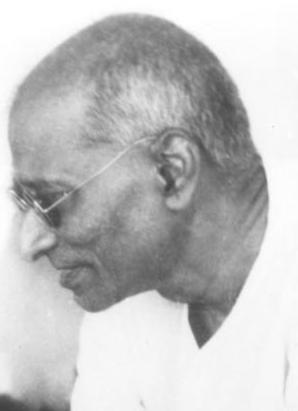|
Buta Singh
Buta Singh (21 March 1934 – 2 January 2021) was an Indian politician and a senior leader of the Indian National Congress. He was the Union Home Minister of India, Governor of Bihar and was chairman of the National Commission for Scheduled Castes from 2007 to 2010. Early life Buta Singh was born on 21 March 1934 in Mazhabi Sikh family at Mustafapur, Jalandhar district, Punjab, British India. He was educated at Lyallpur Khalsa College in Jalandhar, from where he was awarded a B.A. (Hons), and at Guru Nanak Khalsa College in Bombay, where he earned a M.A. Singh then gained a Ph.D. from Bundelkhand University. He married Manjit Kaur in 1964; the couple had three children. He worked as journalist before entering politics. He fought his first elections as an Akali Dal member and joined the Indian National Congress in the late 1960s at the time when that party was split. Political career Singh was first elected to the Lok Sabha in 1962, for the Moga constituency. He was subsequ ... [...More Info...] [...Related Items...] OR: [Wikipedia] [Google] [Baidu] [Amazon] |
Chairman
The chair, also chairman, chairwoman, or chairperson, is the presiding officer of an organized group such as a board, committee, or deliberative assembly. The person holding the office, who is typically elected or appointed by members of the group or organisation, presides over meetings of the group, and is required to conduct the group's business in an orderly fashion. In some organizations, the chair is also known as '' president'' (or other title). In others, where a board appoints a president (or other title), the two terms are used for distinct positions. The term chairman may be used in a neutral manner, not directly implying the gender of the holder. In meetings or conferences, to "chair" something (chairing) means to lead the event. Terminology Terms for the office and its holder include ''chair'', ''chairman'', ''chairwoman'', ''chairperson'', ''convenor'', ''facilitator'', '' moderator'', ''president'', and ''presiding officer''. The chair of a parliamentary chamb ... [...More Info...] [...Related Items...] OR: [Wikipedia] [Google] [Baidu] [Amazon] |
Punjab (British India)
The Punjab Province, officially the Province of the Punjab, was a province of British India, with its capital in Lahore and summer capitals in Murree and Simla. At its greatest extent, it stretched from the Khyber Pass to Delhi; and from the Babusar Pass and the borders of Tibet to the borders of Sind. Established in 1849 following Punjab's annexation, the province was partitioned in 1947 into West and East Punjab; and incorporated into Pakistan and India, respectively. Most of the Punjab region was annexed by the East India Company on 29 March 1849 following the company's victory at the battle of Gujrat in northern Punjab, a month prior. The Punjab was the last major region of the Indian subcontinent to fall to British imperialism. Immediately following its annexation, the Punjab was annexed into the Bengal Presidency and administered separately by a board of administration led by the head of province. After 1853, the board was replaced by a chief commissioner a ... [...More Info...] [...Related Items...] OR: [Wikipedia] [Google] [Baidu] [Amazon] |
Guru Nanak College (GTB Nagar) Mumbai
Guru ( ; International Alphabet of Sanskrit Transliteration, IAST: ''guru'') is a Sanskrit term for a "mentor, guide, expert, or master" of certain knowledge or field. In pan-Indian religions, Indian traditions, a guru is more than a teacher: traditionally, the guru is a reverential figure to the disciple (or ''wikt:शिष्य, shisya'' in Sanskrit, literally ''seeker [of knowledge or truth'']) or student, with the guru serving as a "counsellor, who helps mould values, shares experiential knowledge as much as Knowledge#Hinduism, literal knowledge, an Role model, exemplar in life, an inspirational source and who helps in the spiritual evolution of a student". Whatever language it is written in, Judith Simmer-Brown says that a tantra, tantric spiritual text is often codified in an obscure twilight language so that it cannot be understood by anyone without the verbal explanation of a qualified teacher, the guru. A guru is also one's spiritual guide, who helps one to discover the ... [...More Info...] [...Related Items...] OR: [Wikipedia] [Google] [Baidu] [Amazon] |
Lyallpur Khalsa College
Lyallpur Khalsa College is a multi-faculty co-educational college located in Jalandhar, Punjab. The college is one of the biggest colleges in region in context of student strength, academic courses offered and co-curricular and sports achievements. The college is affiliated to Guru Nanak Dev University, Amritsar. Currently, Dr. Jaspal Singh is the principal of the college. History The college began its life journey in Lyallpur (present-day Faisalabad) in undivided Punjab with the establishment of Khalsa High School in 1908. The philanthropists of the city donated land and other resources for the establishment of the school. Noted Sikh statesman Master Tara Singh served as the first headmaster of the school and it was here that he got the title of 'Master' prefixed to his name. The school was later upgraded to a degree college in 1928. The bloody partition of the country led to reestablishment of the college in Jalandhar in 1947-48. Government Municipal Degree College, Faisalaba ... [...More Info...] [...Related Items...] OR: [Wikipedia] [Google] [Baidu] [Amazon] |
Press Trust Of India
The Press Trust of India Ltd., commonly known as PTI, is the largest news agency in India. It is headquartered in New Delhi and is a nonprofit cooperative among more than 450 Indian newspapers. It has over 500 full-time employees , including about 400 journalists. It also has nearly 400 part-time correspondents in most of the district headquarters of the country. PTI also has correspondents in major capitals and important business centres around the world. It was incorporated in Madras in 1947 with ''The Hindu's'' proprietor, Kasturi Srinivasan, as its Founding Chairman. It took over the operations of the Associated Press of India from Reuters in 1948–49.About PTI Press Trust of India, retrieved 14 March 2017. It provides news coverage and information of the region in both English language, English and Hindi.
|
Firstpost
Firstpost is an Indian news website owned by Network18 Group, which also runs CNN-News18 and CNBC TV18. It has posted misinformation on multiple occasions. The Network 18 group was originally owned by Raghav Bahl. In January 2012, the group received an investment from Mukesh Ambani's Reliance Industries through a rights issue of up to . History Firstpost began in 2011 as an online news portal of Network18. In May 2013, the news group was merged with the Indian edition of '' Forbes India'' whose four top editorial heads, including editor in chief Indrajit Gupta, were dismissed. The event led to a media furor. Thereafter on 31 May 2013, Firstpost took over a satirical website Fakingnews.com for an undisclosed amount. According to Scroll.in, "Network18, with its online outlet ''FirstPost'', famously lost its primetime anchors in 2014 because of a diktat against criticising Modi." In 2015, '' The Caravan'' reported on censorship in Firstpost over criticism of political ... [...More Info...] [...Related Items...] OR: [Wikipedia] [Google] [Baidu] [Amazon] |
Punjab, British India
The Punjab Province, officially the Province of the Punjab, was a province of British India, with its capital in Lahore and summer capitals in Murree and Simla. At its greatest extent, it stretched from the Khyber Pass to Delhi; and from the Babusar Pass and the borders of Tibet to the borders of Sind. Established in 1849 following Punjab's annexation, the province was partitioned in 1947 into West and East Punjab; and incorporated into Pakistan and India, respectively. Most of the Punjab region was annexed by the East India Company on 29 March 1849 following the company's victory at the battle of Gujrat in northern Punjab, a month prior. The Punjab was the last major region of the Indian subcontinent to fall to British imperialism. Immediately following its annexation, the Punjab was annexed into the Bengal Presidency and administered separately by a board of administration led by the head of province. After 1853, the board was replaced by a chief commissioner as t ... [...More Info...] [...Related Items...] OR: [Wikipedia] [Google] [Baidu] [Amazon] |
Mazhabi Sikh
Mazhabi Sikh (also known as Mazbhabi, Mazbhi, Majhabhi or Majabhi) is a community from Northern India, especially Punjab region, who follow Sikhism. Mazhabi are part of wider category of Sikhs, who convert from the valmiki (chuhra) community. The word ''Mazhabi'' is derived from the Arabic term ''mazhab'' ( Mazhab means religious School of thought), and can be translated as ''the faithful''. They live mainly in Indian Punjab, Rajasthan and Haryana. Origins When Guru Tegh Bahadur, the ninth Sikh guru, was martyred by the Mughals in Delhi, Ranghreta community member recovered his dismembered body from a Muslim crowd and brought it back to his son, Guru Gobind Singh. His name was Bhai Jaita Ji. In recognition of their act, he admitted the untouchables into the Khalsa (the Sikh faith), giving them the name ''Mazhabi'' ("faithful"). Divisions Within the present-day Mazhabi community, one group calls itself the Ranghreta and claims a higher status on the grounds that one of their ... [...More Info...] [...Related Items...] OR: [Wikipedia] [Google] [Baidu] [Amazon] |
Union Home Minister
The Minister of Home Affairs is the head of the Ministry of Home Affairs of the Government of India. One of the senior-most officers in the Union Cabinet, the chief responsibility of the home minister is the maintenance of the internal security of India; the country's large police force comes under its jurisdiction. Occasionally, they are assisted by the minister of state of home affairs and the lower-ranked deputy minister of home affairs. Ever since the time of independent India's first home minister, Sardar Vallabhbhai Patel, the office has been seen as second in seniority only to the prime minister in the union cabinet. Like Patel, several home ministers have since held the additional portfolio of deputy prime minister. As of February 2020, three home ministers have gone on to become the prime minister: Lal Bahadur Shastri, Charan Singh and P. V. Narasimha Rao. L.K. Advani, serving from 19 March 1998 to 22 May 2004, has held the office of the home minister for the longest c ... [...More Info...] [...Related Items...] OR: [Wikipedia] [Google] [Baidu] [Amazon] |





